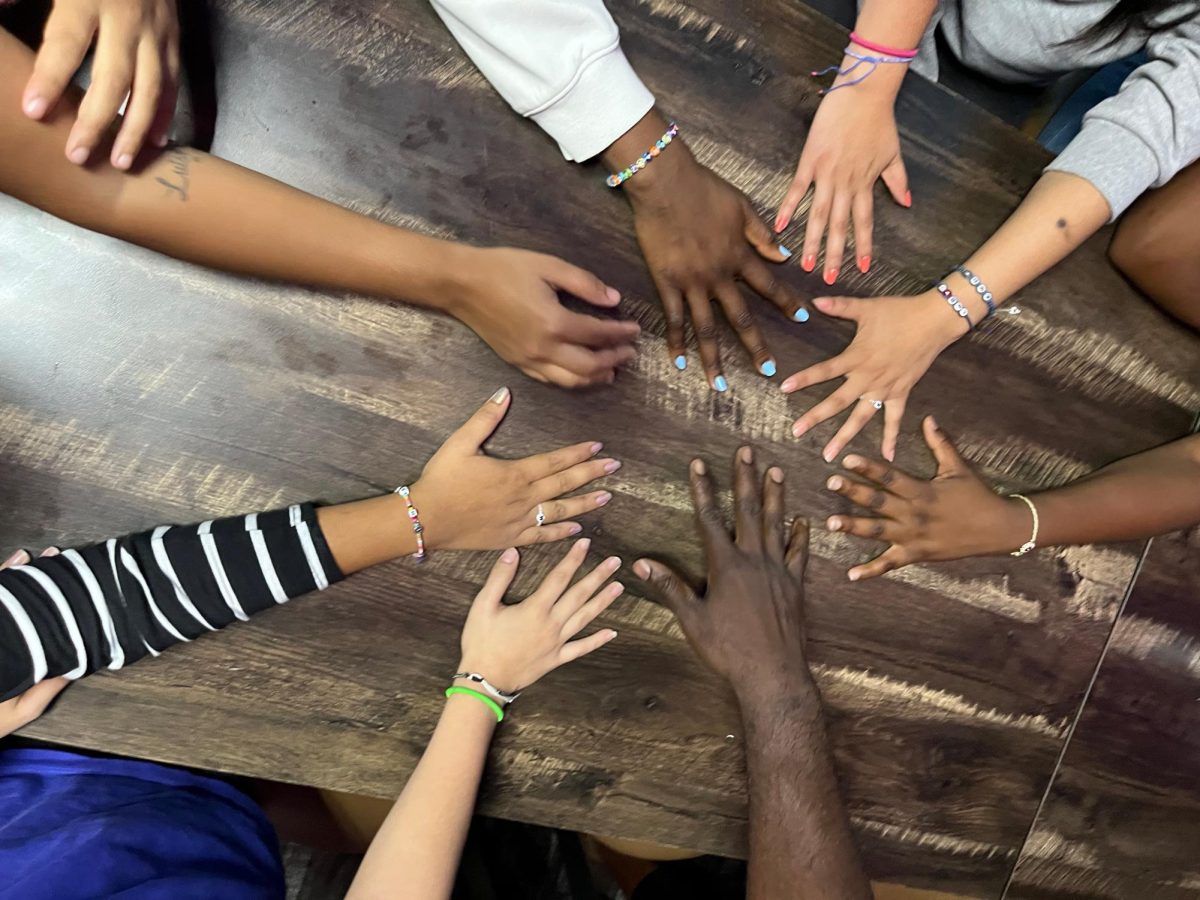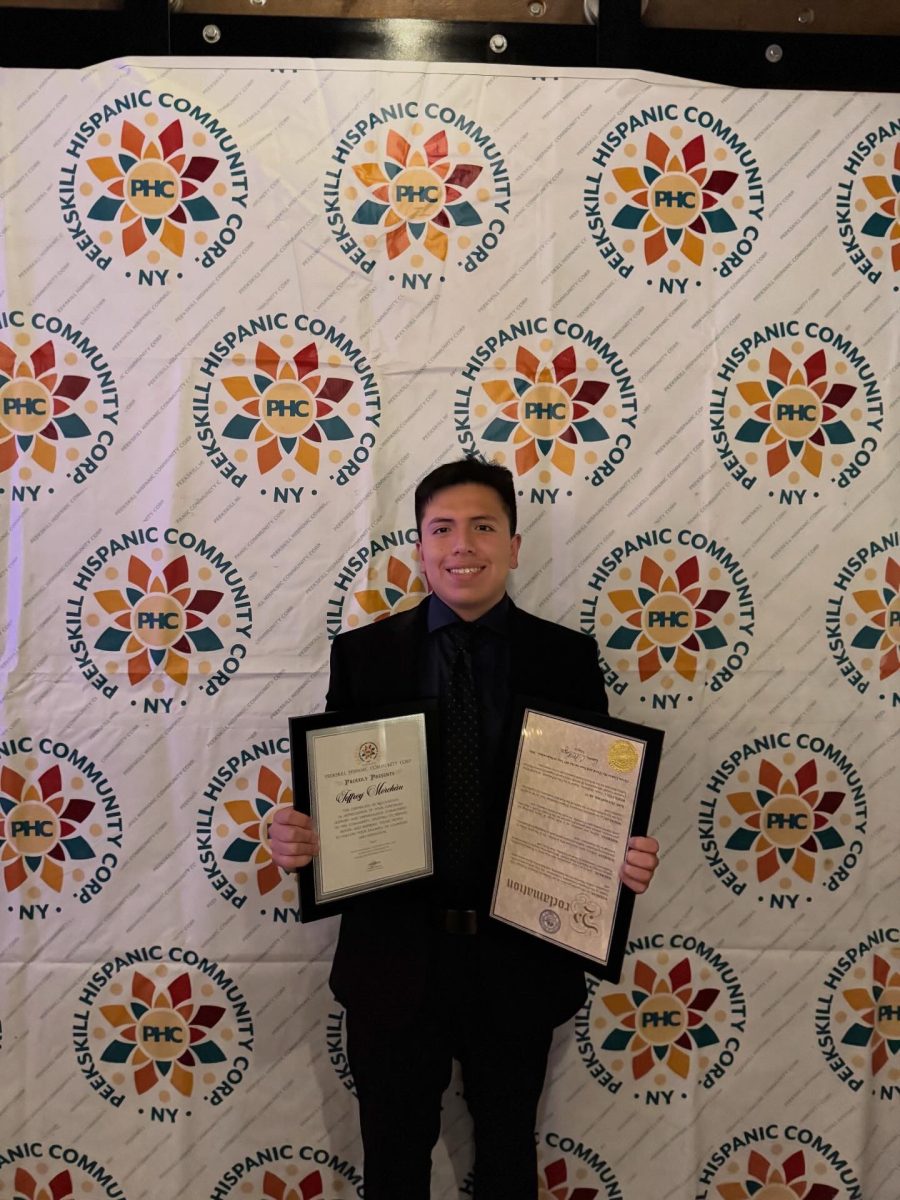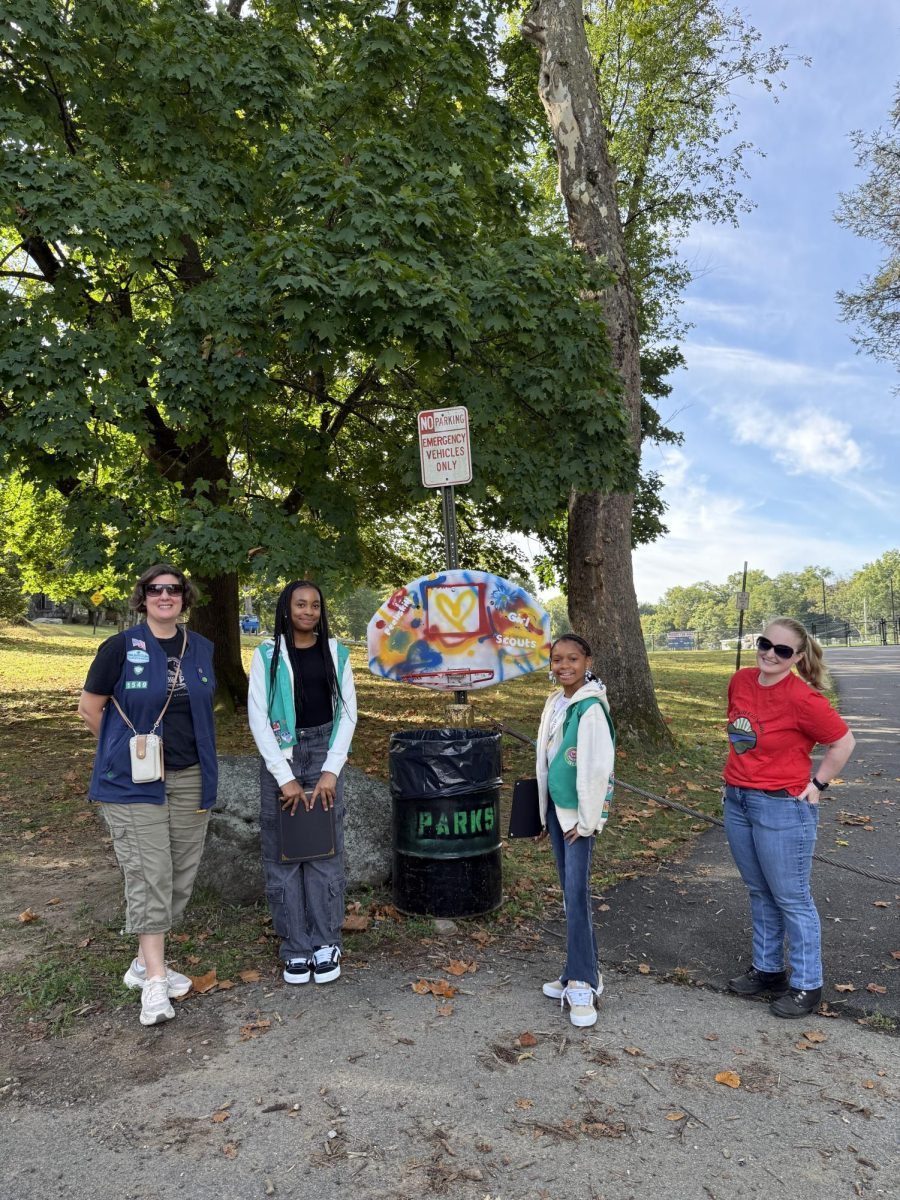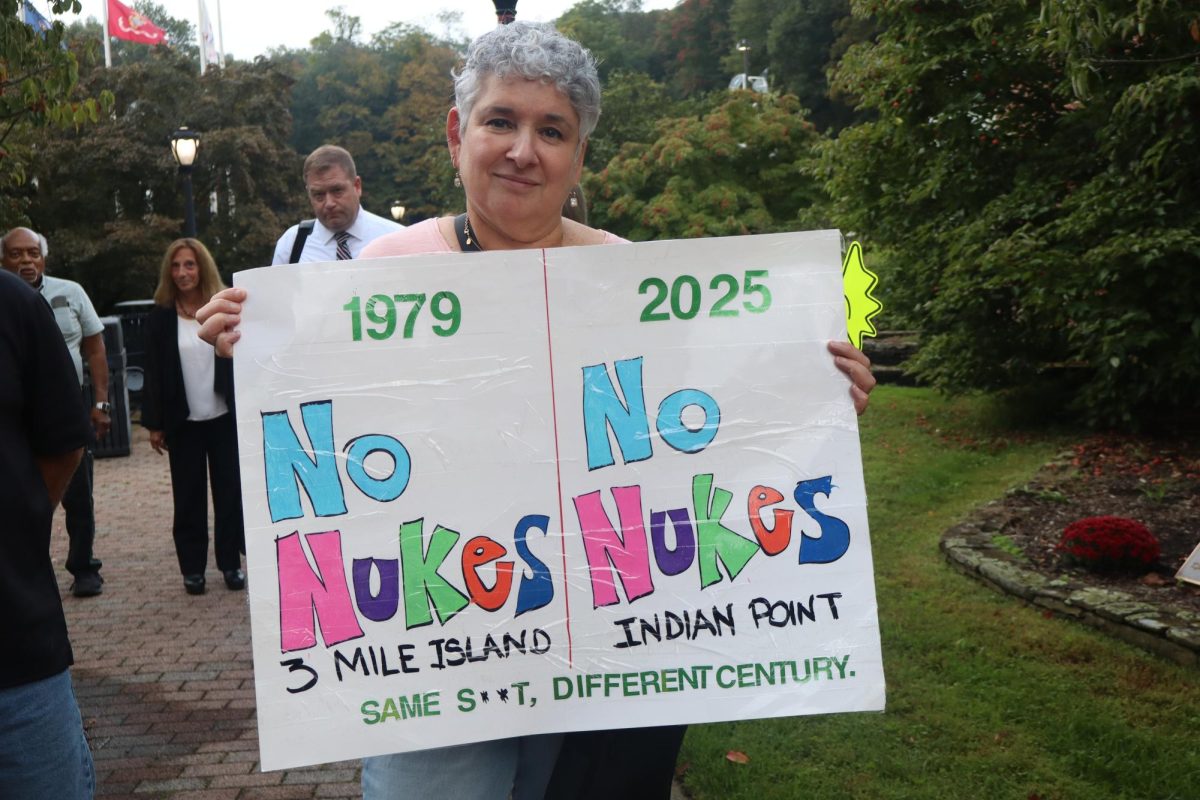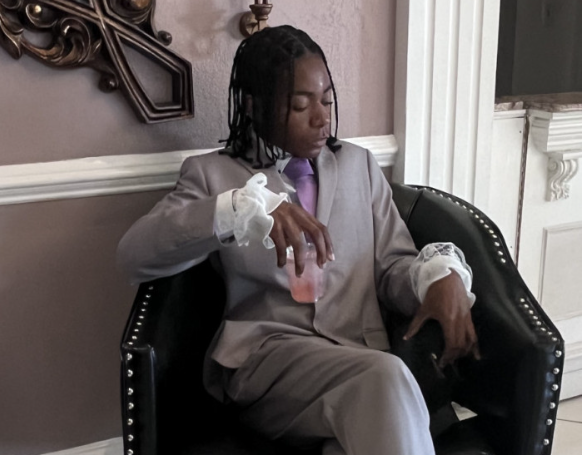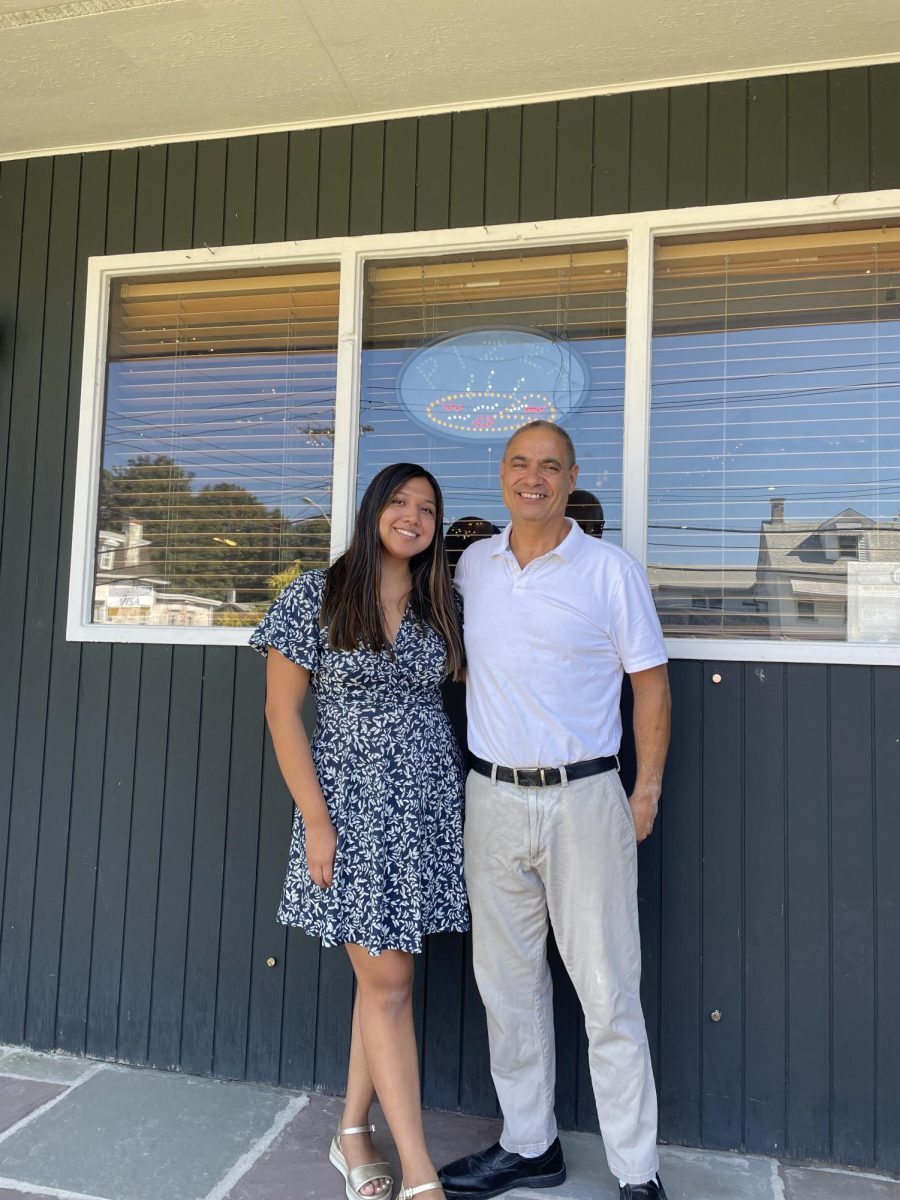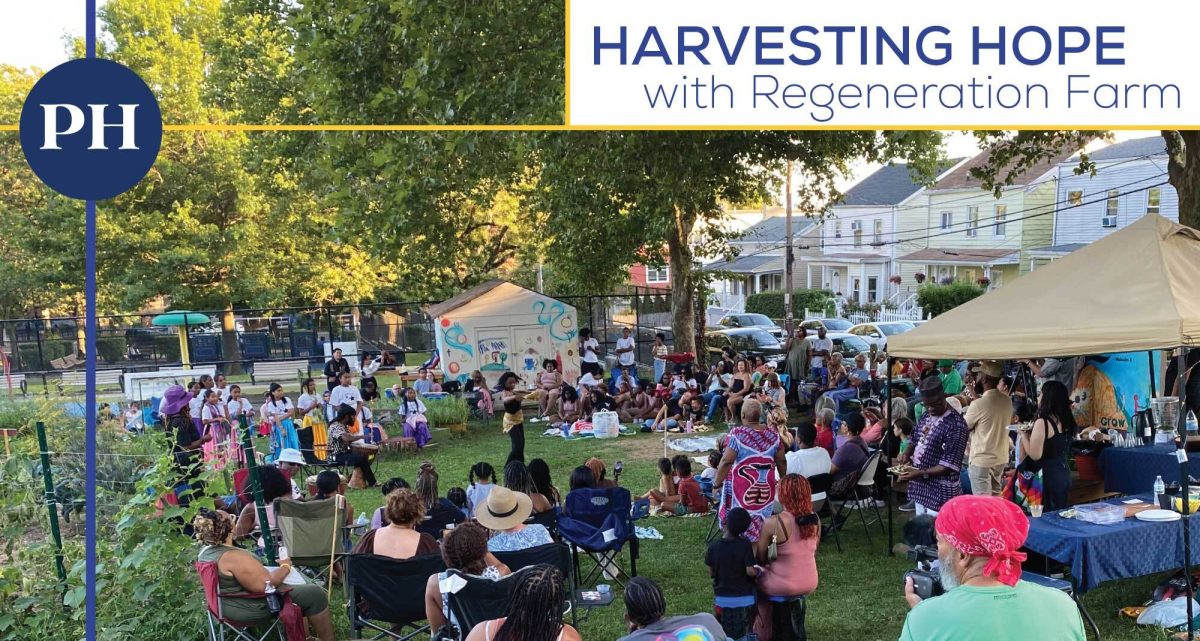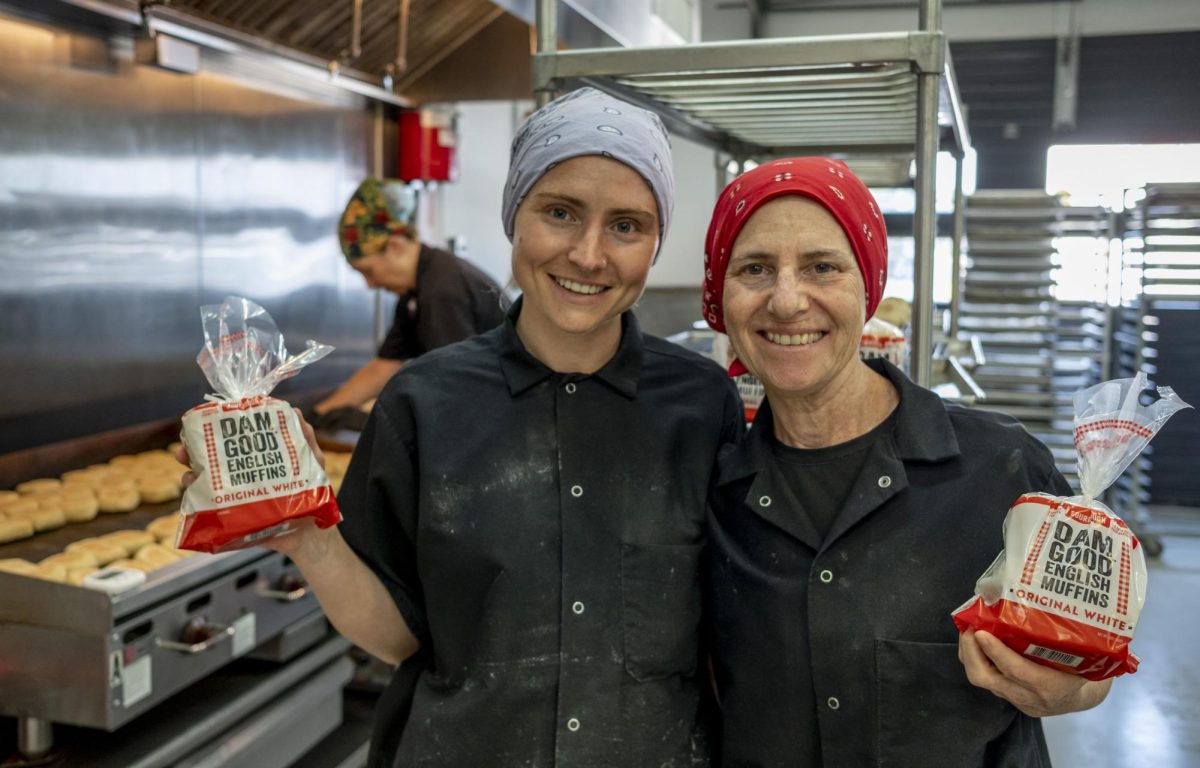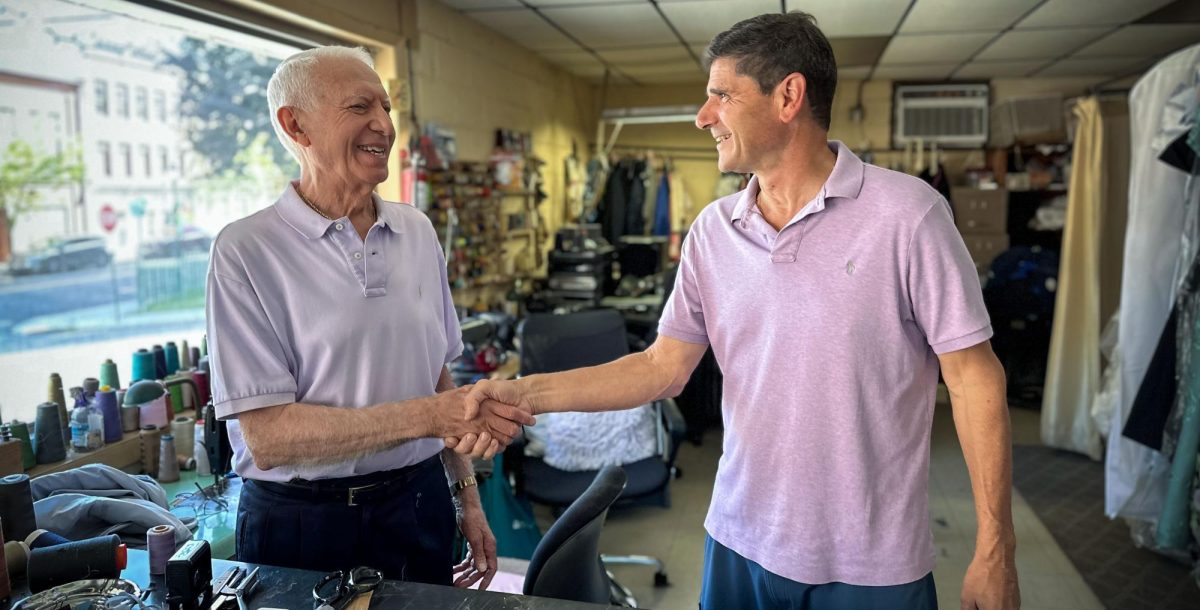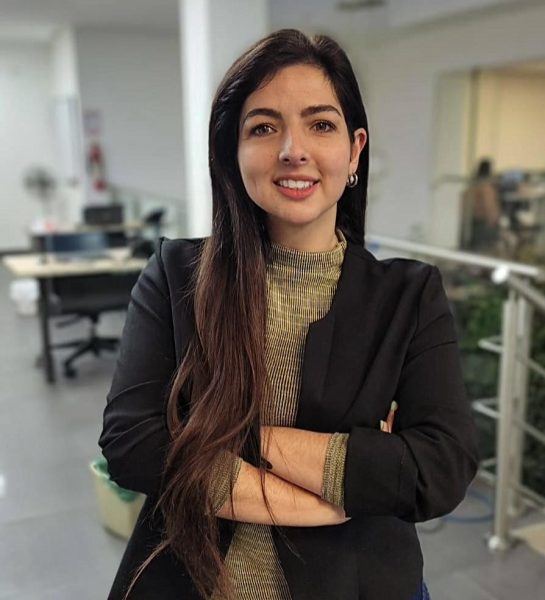Twenty-two years ago, Barbara Sarbin of Cortlandt Manor founded the organization “Something Good in the World,” with the intention of providing a safe environment for children to achieve their highest possible potential, ready to take on life’s challenges. A lofty goal, a lofty name. But how to achieve these goals?
For the past 10 years, Something Good in the World has shared its curriculum-based programs with refugee children who are unaccompanied minors fleeing violent situations in their homelands. Often traveling on foot from Central America, and more recently from West Africa, these children are sheltered until they can be legally resettled. Something Good in the World steps in to teach the children that there are people who care for and about them, despite the horrific situations they’ve encountered.
Sarbin, as director of educational programs, finds ways to give some of the children an experience of home through food and the comfort it provides. “We offer nature-based activities and experiences to support their well-being and development.” The focus of the experiences she provides the children is to promote spaces of learning and culture as they continue to strive for better lives away from the violence which set them on their journey.
Refugee students visit local farms to learn sustainable backyard farming, to be able to stave off food insecurity, and to practice skills that students knew well in their own countries, to be able to apply these in their new home. They also visit local businesses that are run by immigrants from their countries, to be inspired by how others followed their dreams, while at the same time receiving encouragement to stay in school and learn English. Until this year, refugee youth were almost always from Central America, but this summer, the majority now sheltering in Westchester, were coming from West Africa. In the search for local West African food, Ofori’s restaurant in Peekskill popped up on Google and Sabin’s hopes of reminding these children of their traditional meals became a reality.
Owner Lawrence Ofori also came to the United States with a handful of dreams, when in his twenties, he left Ghana for North America. He worked in various kitchens until he gained the experience to open his own business. When Barbara spoke to him about the initiative of Something Good in the World, he extended an invitation and agreed to host the adolescents. “I too arrived with great hope. I want to share a bit of their food with the kids. It’s very hard to be away from home,” he said. Leaving his grandmother in Ghana was incredibly difficult for him. “The only thing I would tell them is that everything is possible with discipline. They must not lose focus,” he says as he sees himself in them.
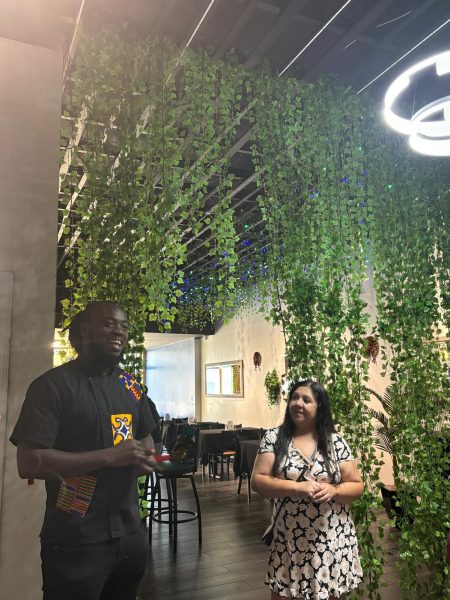
On a weekday in the Fall, hosted 30 young men at his restaurant who savored traditional dishes from Ofori’s, which bases its culinary experience on the flavors of West Africa and Central America.
After the initial meal for boys from West Africa, he opened his restaurant again for girls from West Africa and Central America. For the meal, he set up a table in the back area of the restaurant. During the gathering, Ofori unfurls a curtain made of leaves, giving the space a jungle-like atmosphere providing a bit of privacy. In the background, drums, music, and dancing fill the air.
The seven girls laugh, chat, and savor the food. The rhythmic pounding of bongos sets an African beat. The scent of cumin, ginger, and cinnamon fills the air. A symphony of flavors and aromas—capable of transporting “Ayana” (not her real name) back to Guinea, in West Africa—comes together in a dish. This spicy chicken stew reminds her of her homeland and her people.
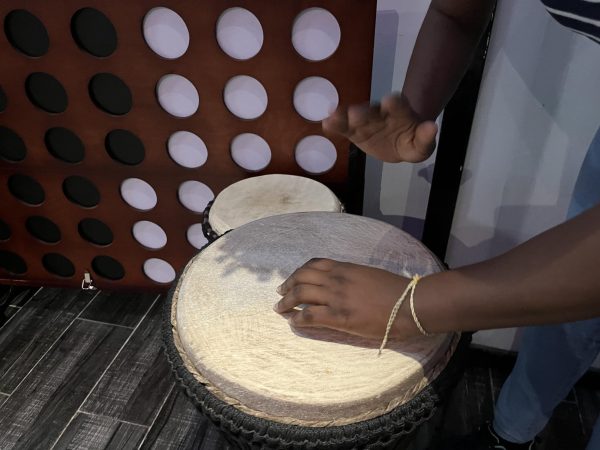
More than 4,400 miles from home, at Ofori’s World Cuisine in Peekskill she feels as if she has returned home.
Valerie Waterman, who works at Ofori’s, describes the excitement she feels being part of the hospitality extended to the young people, especially during the gathering surrounded by brave women. “I can only tell them that no matter what they have gone through, they have a place here, a place where they can finally take a break,” she mentions.
Weeks prior, the girls also visited First Village Coffee in Ossining. There, they spoke with the owner, Luis Corena, who arrived from El Salvador at the age of 14. In addition to sharing advice, he treated them to empanadas, pastries, and iced tea.
Nostalgia for distant lands
“Elizabeth” misses tacos, pupusas, and mangoes with chili. She also longs for ‘church’ afternoons, playing soccer with friends, and her mother’s “hurry up” when she was late. The past saddens her, especially as she yearns for gatherings with her parents and siblings. She has only been in the United States for a month, but she knows she will never be able to erase Guatemala from her heart. “I know that one day I will return and be a successful person with a degree. I will make my country proud.”
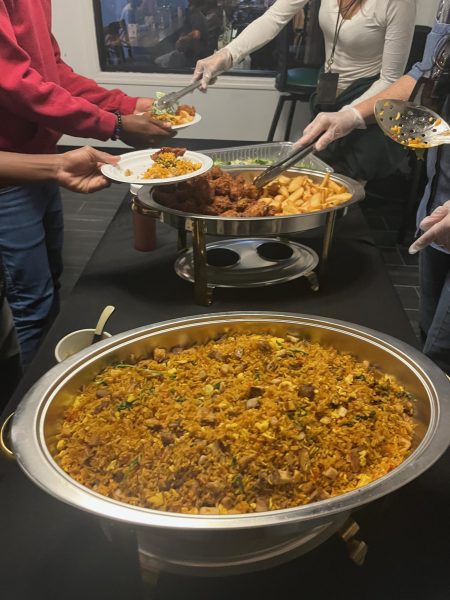
Speaking of her homeland brings dimples to her cheeks. A smile escapes her lips. She is shy but brave, certain that pain and sacrifice will bear fruit.
In the shelter in the Westchester area for refugee children, she tries to catch up on her classes and learn English. She shares a classroom with the other six girls in the program. During activities, someone translates into Spanish for her. “Migrating will never be easy,” she insists.
Everything is well organized in the shelter. The girls wake up at five in the morning and take turns showering. The rooms are numbered from 1 to 11. Some are shared. At six, they receive breakfast, usually waffles, cereal, bread, and chocolate milk.
“Welsy” is also from Guatemala. Her heart trembles at the memory of the baleadas her family made at home. It’s a dish made with flour tortillas, bean puree, and cheese. She hasn’t had any for weeks.
To ease their nostalgia, Sarbin takes the girls to family farms. Together with the girls, she harvests vegetables from the garden and prepares a dish. Additionally, three seasons a year—in spring, summer, and autumn—Something Good in the World organizes activities for the youths to enjoy some leisure time and reconnect with their customs such as the meals at Ofori’s.
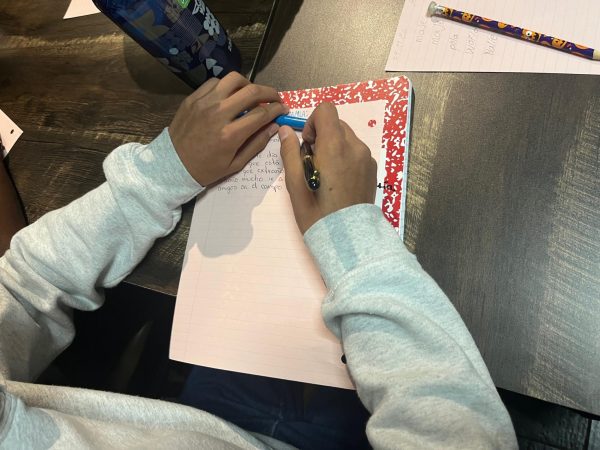
Donations sustain Something Good in the World. The girls express their gratitude with heartfelt letters to those funding the organization. They have also written notes to their countries. “Joy’s” reads: “On this day that I am no longer at home, I miss you, beautiful Guatemala.”
Sarbin said each month at least 50 young people join the program. It’s difficult for her to quantify how many have been part of the cause over the past two decades. “Hundreds, I couldn’t count.” She is confident that supporting them in their early steps in this country will enable them to succeed in the not-so-distant future. “Never give up” is one of the lessons she imparts at every opportunity.
The girls listen to her with admiration. Ayana, for instance, dreams of becoming a model. She is tall, with delicate features but strong expressions. She arrived in the United States seven months ago and, despite missing her West African homeland, the support from the community allows her to keep a piece of her home close.
She loves to dance, fluttering around the restaurant to the rhythm of the music. Sarbin is delighted to provide them with a moment of relaxation and fun.
Small Actions Make a Difference
Sabin’s wish is for the girls to embrace their new home, to feel it as their own, and perhaps to alleviate their homesickness. To that end, she has helped the teens to create a small Peace Garden in the shelter where the young women reside. “I want to show them that they can do the same things they did in their country. If they planted and harvested their own food there, they can do it here too. It’s not just about preserving their customs; it’s also healthier and more organic,” she explains.
Sarbin loves teaching and believes that small actions can make a difference. For years she has been a teacher, always close to young people. She spares no effort in communicating with them. She speaks English, French, and is learning some Spanish, especially since many of the girls she supports come from Central American countries.
Roots of the Same Tree
Rommy Urrutia, born in Peru, met Sarbin when she was Urrutia’s teacher. She recalls being 17 years old. Her admiration has grown over time, especially now that they work together to support refugee youth at Something Good in the World.
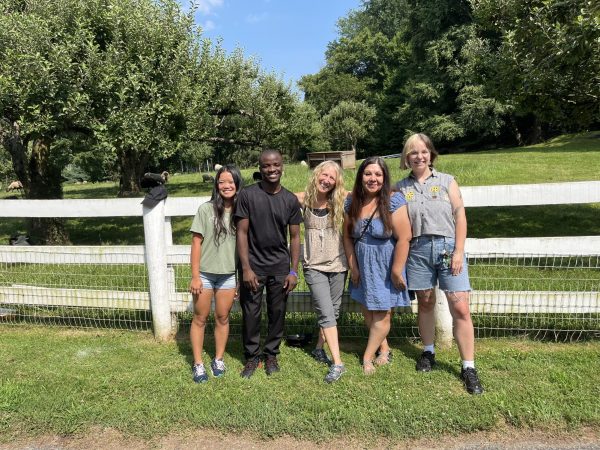
For Urrutia, the primary mission is to ensure the girls feel welcome in this country. “We want them to know many people will care for their well-being and they are valued,” she explains. Urrutia came to the United States as a child. Her parents opened a business to assist the Latino community and she has always been closely tied to migrants. Now, she serves as a liaison between local businesses, run by Hispanics, who collaborate with Something Good in the World. She notes most do not need much persuasion; they join immediately upon learning how the cause supports migrant children.
Thus, each person becomes an important link in this chain of kindness which makes it feel like there is Something Good in the World.
The local Stop & Shop at the Beach Shopping Center has designated Something Good in the World as their December recipient of the Community Bag Program. By making a $2.50 Community Bag purchase, shoppers give $1 back to a local nonprofit selected monthly by store leadership.




